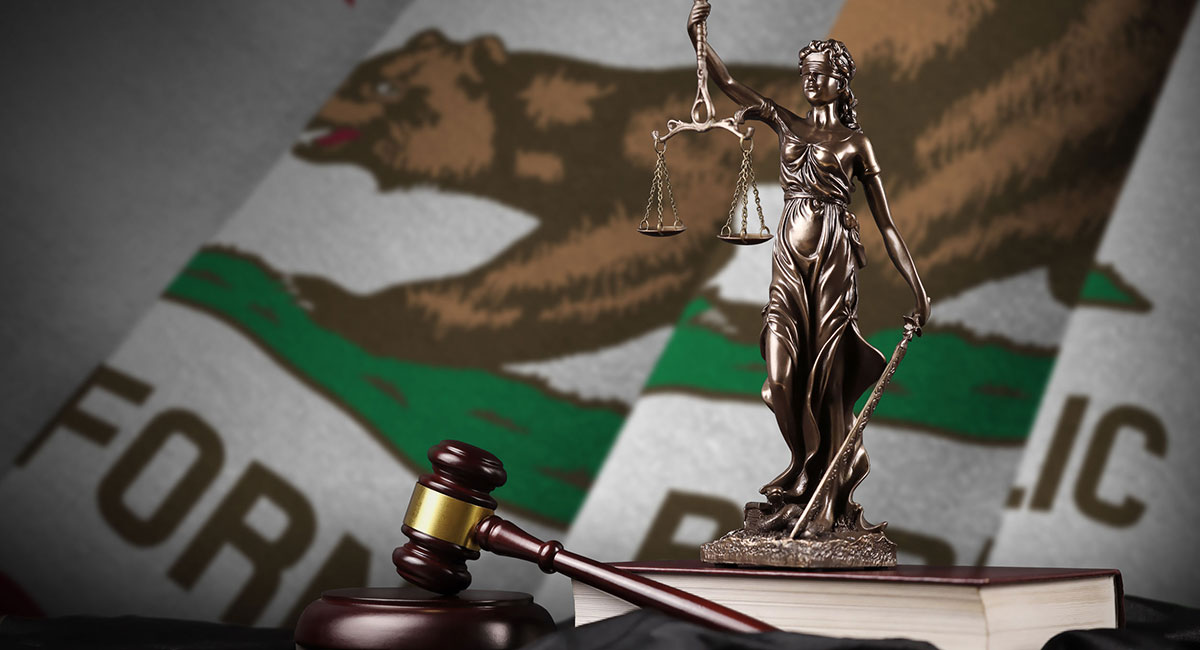On January 1, 2024, Californians will face 16 new laws that cover everything from campsite reservations to child sex trafficking. As they assess these new measures, Californians might consider what the new laws fail to cover.
According to the Tax Foundation, California imposes a top state income tax rate of 13.3 percent, a corporate tax rate of 8.84 percent, and a combined state and local sales tax rate of 8.82 percent. These are some of the highest tax rates in the nation, but none of the 16 measures kicking in on January 1 provides tax relief for the people.
The Golden State deploys the California Environmental Protection Agency (CalEPA) and CARB, the California Air Resources Board. These agencies perform some of the same functions but none of the 16 new laws aims to save Californians money by curtailing bureaucratic redundancy.
The California Coastal Commission overrides scores of elected governments and has run roughshod over Californians’ property rights since the 1970s. More recently, the Commission rejected a desalination plant that would have helped alleviate the state’s ongoing water problems. None of the 16 new laws aims to curtail or eliminate the unelected Coastal Commission, which prevents California from making the best use of its own natural resources.
During the pandemic, California suffered some $30 billion in unemployment fraud, with taxpayer dollars flowing to criminals, in and out of state. None of the 16 new laws seeks to rectify this massive waste and fraud.
That would seem to be more important than requiring stores to maintain a “gender-neutral section or area,” where toys are displayed “regardless of whether they have been traditionally marketed for either girls or for boys,” and so on. Assembly Bill 1084, which requires those intrusive measures, kicks in on January 1. So does Senate Bill 2, which has a backstory.
In June of 2022, the Supreme Court struck down New York’s law requiring individuals to show a special need for a conceal-and-carry permit. California responded by increasing the minimum age for carrying concealed weapons from 18 to 21 and banning them from “sensitive places” such as schools, parks, playgrounds and banks.
On January 1, law-abiding Californians will be less able to exercise their constitutional right to keep and bear arms and more vulnerable to violent criminals, who do not obey gun laws. By contrast, on January 1, criminals convicted of child sex trafficking will face additional years of prison time, 15 years to life if the crime involves force, deceit, coercion or violence.
That is due to Senate Bill 14, which was once killed in committee. California parents should understand that some of their legislators think the state should go easy on child sex traffickers.
All Californians have cause to wonder why the 16 measures offer little meaningful relief for the people. It wasn’t always that way in the Golden State.
Back in 1996, the California Civil Rights Initiative (Proposition 209) provided relief from an openly racist state college admissions system and barred racial preferences in state education, employment and contracting. In 1978, when some Californians were being taxed out of their homes, Proposition 13 limited government power to hike property taxes and required a two-thirds vote of the legislature to limit non-property taxes.
These reform measures came from the people. The 16 laws kicking in on January 1 came from the legislature. If Californians thought that legislators care more about political power than the welfare of the people it would be hard to blame them.








